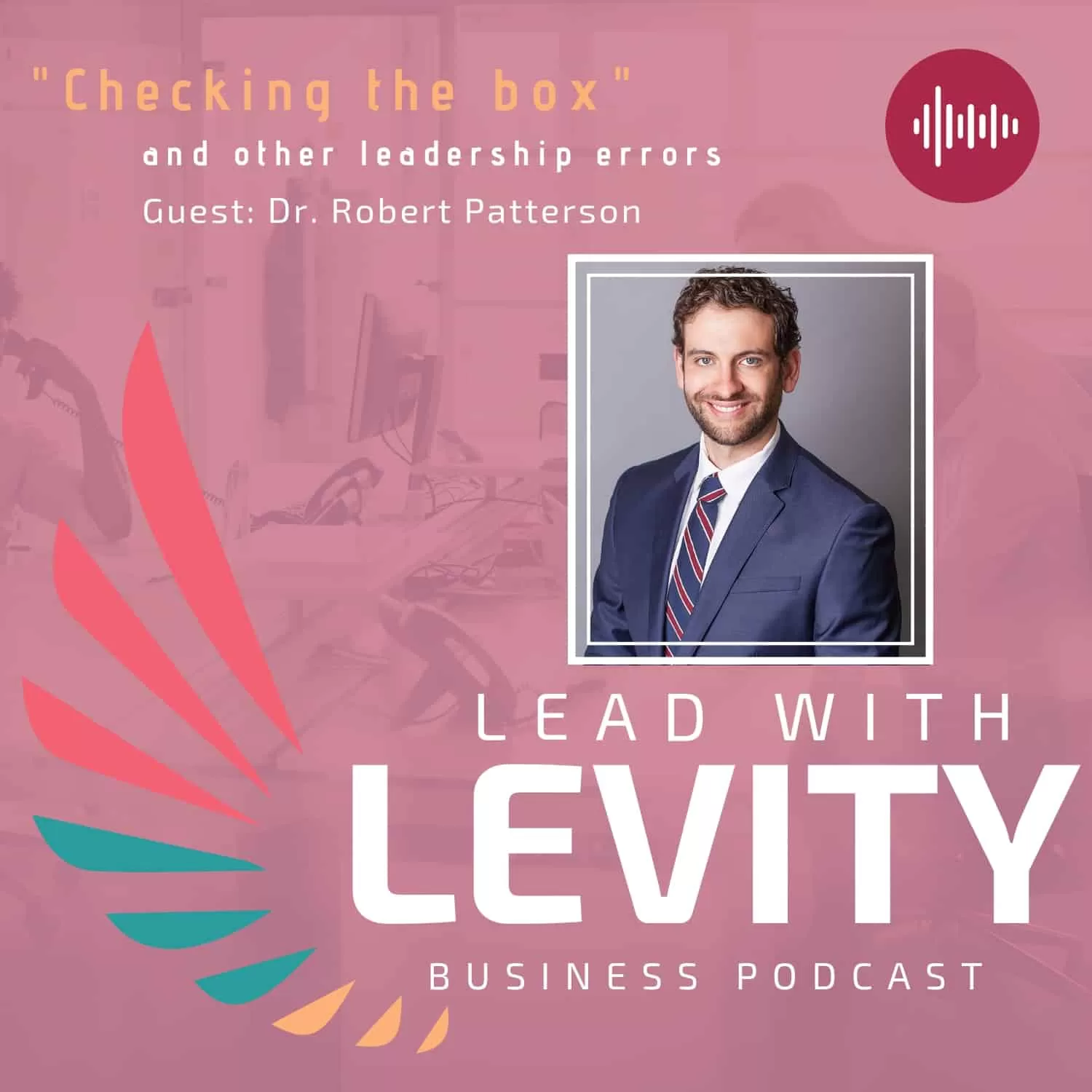Our guest today (Stephan Wiedner) is someone who has worked with Dr. Amy Edmondson, a leading expert in the area of psychological safety. What does psychological safety really mean in a workplace setting? What does it look like? How would you know if it’s there and if it’s not there, what’s missing?
In this episode, we cover:
- What is psychological safety at work?
- Psychological safety is the courage to speak up and how to embrace it.
- The important aspect of psychological safety.
- What does psychological safety look like?
- Celebrating diverse talents creates a sense of safety
- Does your company incentivize psychological safety?
- Details on Stephen’s training program that will introduces you to psychological safety.
In today’s rapidly evolving workplace, creating an environment where employees feel safe to express their ideas, voice concerns, and bring their authentic selves to work is more important than ever. This concept, known as psychological safety, is a cornerstone for building high-performing, resilient teams.
On the latest episode of the Lead with Levity podcast, I had the pleasure of speaking with Stephan Weidner, a psychological safety expert whose career has been dedicated to fostering high-performance leaders and teams. Stephan has co-founded platforms like Nume.com, Skillsetter.com, and Zarango.com, and works closely with Amy Edmondson, a renowned thought leader in psychological safety.
Here are some key takeaways from our conversation:
What is Psychological Safety?
Stephan defines psychological safety as:
- The courage to speak up and share ideas or concerns.
- The confidence to know you’ll be heard and taken seriously.
It’s not just about creating a “feel-good” environment. It’s about ensuring that every team member feels valued, respected, and empowered to contribute without fear of ridicule or retribution.
Signs of Low and High Psychological Safety
Low Psychological Safety:
- Silence: Team members are hesitant to speak up or challenge ideas.
- Lack of Creativity: Few new ideas or innovations emerge.
- Avoidance: Employees steer clear of conflict or difficult conversations.
High Psychological Safety:
- Open Dialogue: Team members feel free to share diverse perspectives and challenge the status quo.
- Collaboration: A mix of levity and serious focus creates a dynamic, productive environment.
- Inclusion: Unique skills and talents are recognized and valued.


The Courage to Speak Up: Unpacking Psychological Safety at Work with Stephan Weidner
In today’s rapidly evolving workplace, creating an environment where employees feel safe to express their ideas, voice concerns, and bring their authentic selves to work is more important than ever. This concept, known as psychological safety, is a cornerstone for building high-performing, resilient teams.
On the latest episode of the Lead with Levity podcast, I had the pleasure of speaking with Stephan Weidner, a psychological safety expert whose career has been dedicated to fostering high-performance leaders and teams. Stephan has co-founded platforms like Nume.com, Skillsetter.com, and Zarango.com, and works closely with Amy Edmondson, a renowned thought leader in psychological safety.
Here are some key takeaways from our conversation:
What is Psychological Safety?
Stephan defines psychological safety as:
- The courage to speak up and share ideas or concerns.
- The confidence to know you’ll be heard and taken seriously.
It’s not just about creating a “feel-good” environment. It’s about ensuring that every team member feels valued, respected, and empowered to contribute without fear of ridicule or retribution.
Signs of Low and High Psychological Safety
Low Psychological Safety:
- Silence: Team members are hesitant to speak up or challenge ideas.
- Lack of Creativity: Few new ideas or innovations emerge.
- Avoidance: Employees steer clear of conflict or difficult conversations.
High Psychological Safety:
- Open Dialogue: Team members feel free to share diverse perspectives and challenge the status quo.
- Collaboration: A mix of levity and serious focus creates a dynamic, productive environment.
- Inclusion: Unique skills and talents are recognized and valued.
The Manager’s Role in Fostering Psychological Safety
Stephan emphasizes that psychological safety is not a one-time achievement but an ongoing practice. Managers play a critical role in creating the conditions for psychological safety by:
- Being Attuned: Stay connected with your team. Ask how they’re doing, especially during times of stress or uncertainty.
- Practicing Active Listening: Reflect back what you hear to show understanding. For example:
- “I’m sensing that you’re frustrated with this process. Did I get that right?”
- Creating Norms for Open Communication: Clearly define how team members can raise concerns, share ideas, and seek support.
Psychological Safety as a Team Effort
While managers have significant influence, fostering psychological safety is a shared responsibility. Every team member contributes by:
- Supporting one another’s ideas and differences.
- Avoiding behaviors that alienate or exclude others.
- Holding themselves accountable for creating a welcoming and respectful environment.
Practical Strategies for Building Psychological Safety
- One-on-Ones and Open Office Hours: Provide regular opportunities for team members to voice concerns and ideas.
- Feedback Loops: Use reflection techniques to ensure mutual understanding. For example:
- “I heard you say X. Is that correct?”
- Deliberate Practice: Train and practice interpersonal skills, such as empathy and effective communication, to strengthen team dynamics.
Measuring Psychological Safety
Stephan shared two key indicators of psychological safety:
- “People on this team always accept others for being different.”
- “My unique skills and talents are valued and utilized by members of this team.”
These metrics highlight the importance of inclusion and recognizing individual contributions.
Why Psychological Safety Matters
Psychological safety isn’t just about avoiding harm; it’s about unlocking the full potential of your team. In today’s complex work environment, it empowers teams to adapt, innovate, and thrive.
About Stephan Wiedner
Stephan Wiedner is a psychological safety expert whose career has focused on developing sustainable high-performance leaders, teams, and organizations. His passion for unleashing the collective potential of people has led him to cofound Noomii.com, the web’s largest network of independent life coaches, Skillsetter.com, the deliberate practice platform for interpersonal skills, and Zarango.com, the psychological safety training experts. Stephan has been a guest speaker for ACETech, MAGI, Marketing IMPACT Council, and many other audiences interested in psychology, business, and technology. His writing has been featured in Forbes, Entrepreneur, and other popular publications.









